South Korean President Yoon Suk Yeol Ousted as Constitutional Court Upholds Impeachment, Electoral Race Begins
- by Young-se, South Korea, RNG247
- about 9 months ago
- 142 views
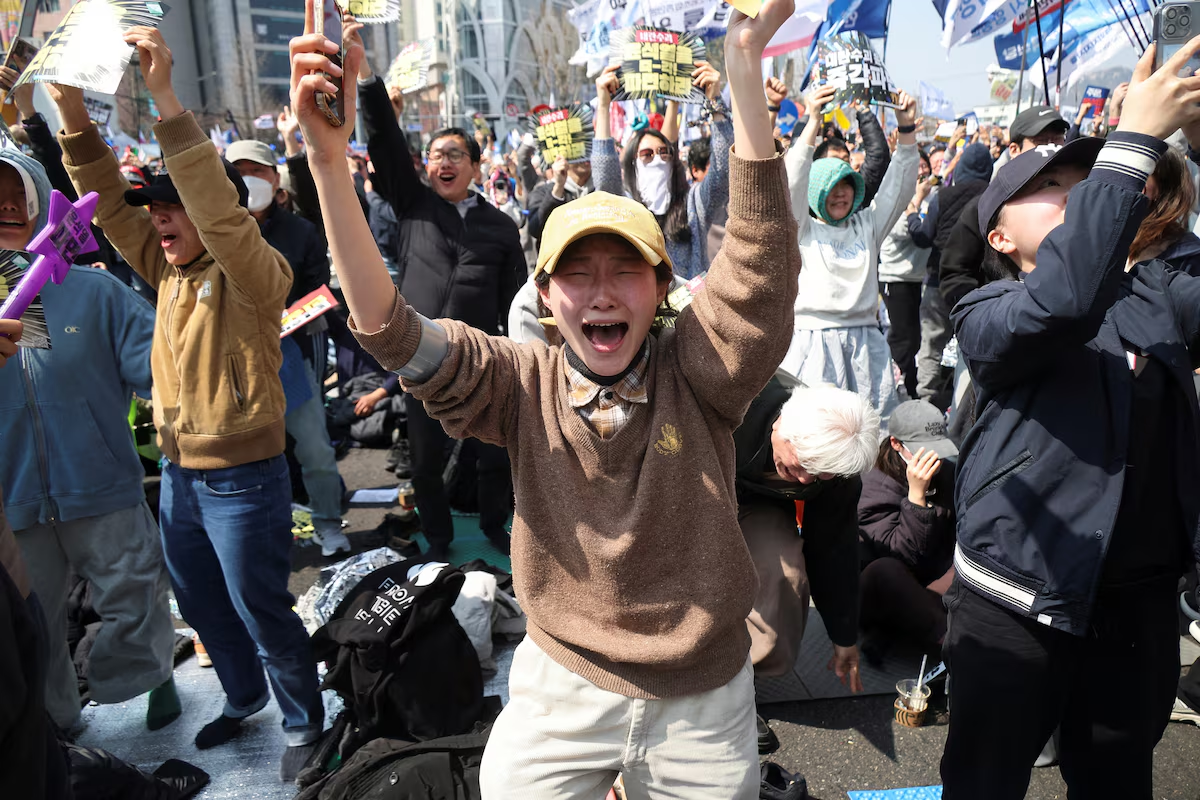
In a historic ruling, the Constitutional Court of South Korea has ousted President Yoon Suk Yeol following the controversial imposition of martial law, setting the stage for a presidential election. The court upheld the impeachment enacted by parliament due to Yoon’s unprecedented actions, which have plunged the nation into its most significant political crisis in decades.
The court’s unanimous decision comes at a tumultuous time for the country, coinciding with challenges in navigating relations with the United States and addressing economic slowdown in the fourth-largest economy in Asia. As mandated by the constitution, South Korea must hold a new presidential election within the next 60 days. In the interim, Prime Minister Han Duck-soo will serve as acting president until a new leader assumes office.
Lee Jae-myung, the charismatic head of the liberal Democratic Party, emerges as the leading contender in the impending election. However, he faces his own hurdles, grappling with multiple legal battles related to corruption charges. Meanwhile, the conservative factions are still contemplating their candidates in an open race.
Professor Leif-Eric Easley from Ewha University commented on the court’s decision, stating, “The unanimous ruling has removed a major source of uncertainty.” He noted that the upcoming government will need to address pressing concerns, including North Korea's military actions, diplomatic pressures from China, and ongoing trade tariffs imposed by the Trump administration.
Acting Chief Justice Moon Hyung-bae emphasized that Yoon violated his presidential duties with his declaration of martial law on December 3, which he described as a “serious challenge to democracy.” Moon criticized the former president's actions as a “grave betrayal of the people's trust,” pointing to the chaos that ensued across various sectors, from society to the economy and foreign policy.
The ruling has been viewed as a victory for South Korea’s commitment to human rights and democracy, as highlighted by Human Rights Watch. Outside the court, thousands rallied in celebration, erupting with cheers and chanting, “We won!” “It took a long time, but it’s fortunate that we’ve reached a sensible outcome,” declared 23-year-old student Kim Han-sol amid the jubilant crowd.
Conversely, supporters of Yoon gathered near his residence, stunned by the verdict. Many reacted with anger, leading to a protest where one individual was arrested for vandalism, while others expressed their grief and disbelief. Despite the intensity of emotions, most gatherings remained peaceful.
Following the ruling, the South Korean won strengthened, rising as much as 1.6% to a five-week high, although the KOSPI stock index experienced a 0.9% drop after an initial positive reaction.
In a statement relayed through his attorneys, Yoon expressed remorse, saying, “I am so sorry and regretful that I wasn't able to live up to your expectations.” His legal team vehemently criticized the court's ruling, deeming it a politically motivated decision.
The court dismissed most of Yoon’s arguments that he had declared martial law to address perceived abuses by the opposition party, asserting that he could have pursued legal means to resolve these issues instead of mobilizing the military against parliament. This action was deemed a grave violation of Yoon's constitutional duty to uphold the independence of the government's three branches.
The presidential standard and flags at the presidential office were ceremonially lowered following the ruling, with government directives ordering the removal of Yoon's portraits from military installations, where they are to be destroyed.
Kwon Young-se, the interim leader of the ruling People Power Party, pledged cooperation with the acting president to stabilize the nation. Acting President Han committed to ensuring a smooth electoral process, as the election commission announced the registration of presidential candidates beginning Friday. Discussions regarding a potential election date have been initiated, with June 3 being considered a possible target.
The government is confronted with urgent economic issues, including how to address a 25% tariff imposed on South Korean products by the U.S. Treasury, alongside proposals for supplementary budgets to stimulate growth.
The ousted president, now facing insurrection charges related to the martial law declaration, remains embroiled in legal troubles, which could lead to severe penalties, including a life sentence or death. His presidency reached a new low earlier this year when he became the first South Korean president to be arrested, briefly detained before his release in March after a court annulled his arrest warrant. Oral arguments in his case are set to commence on April 14.
The political landscape in South Korea is now poised for significant changes as the nation prepares for its next chapter in leadership amidst lingering controversies and challenges ahead.



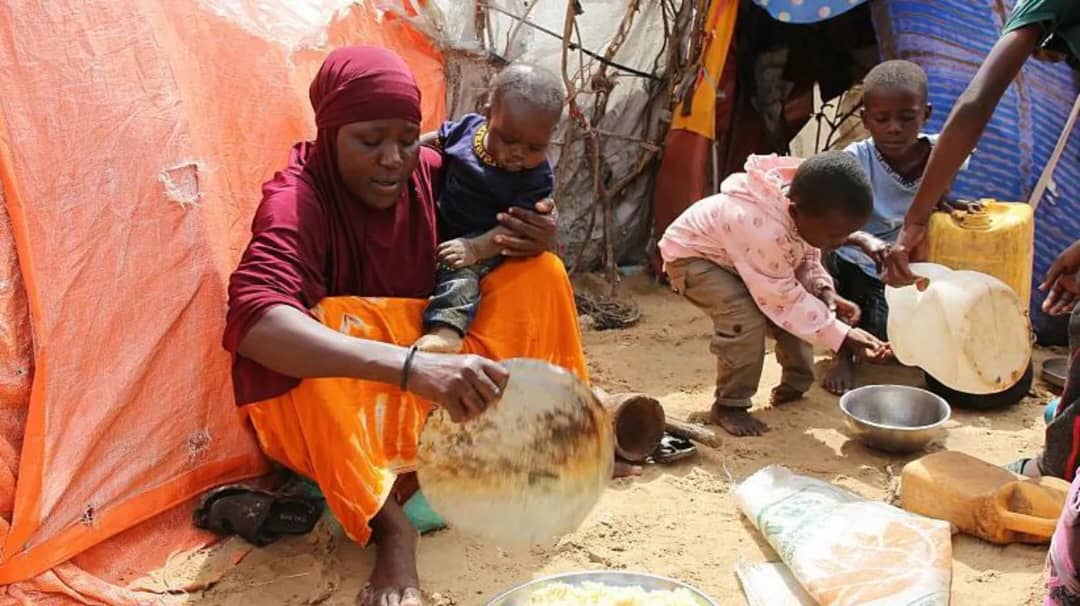

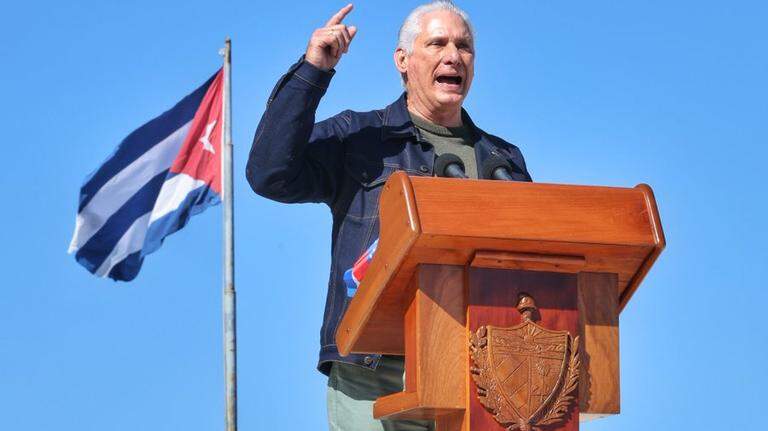
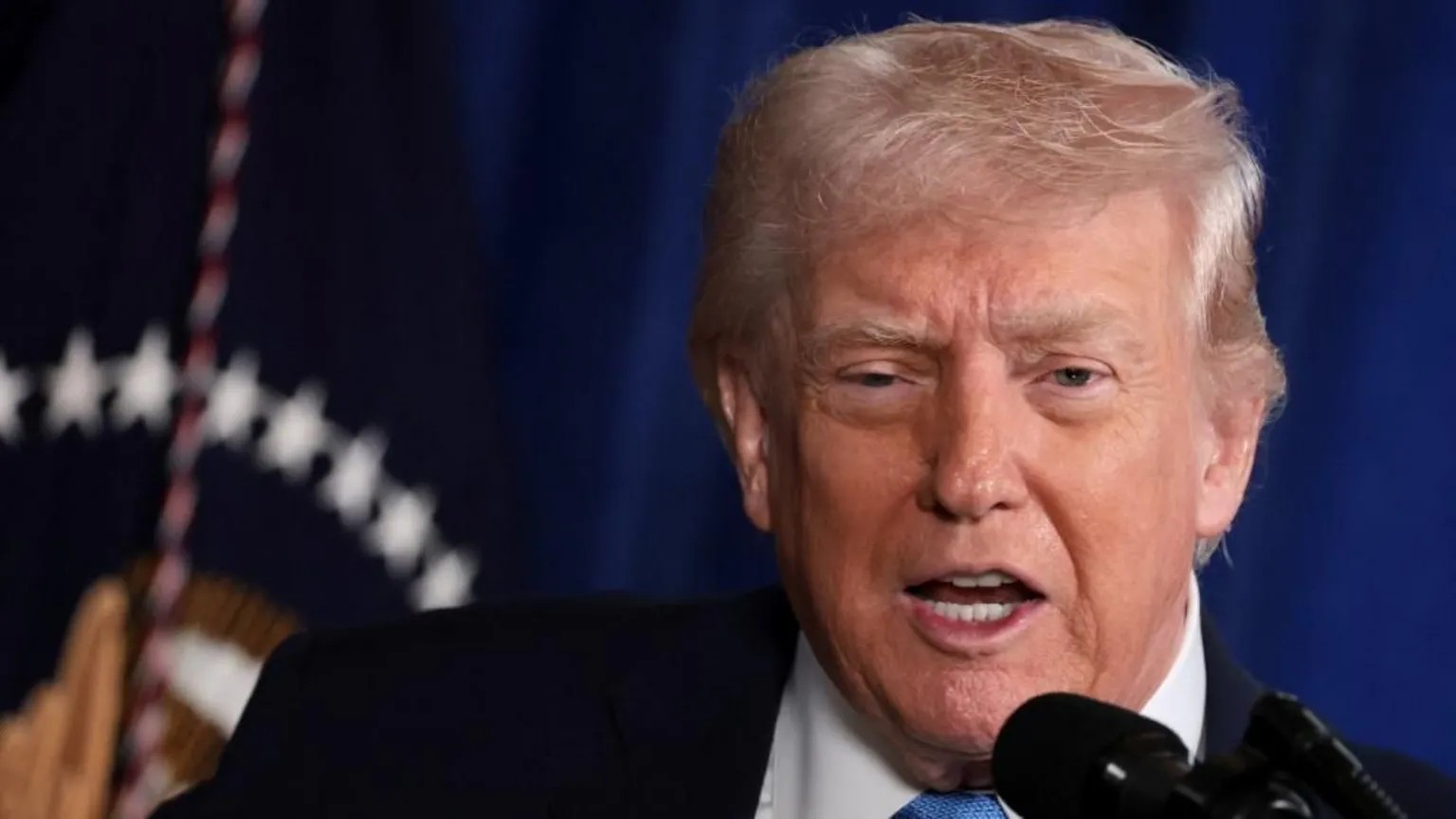
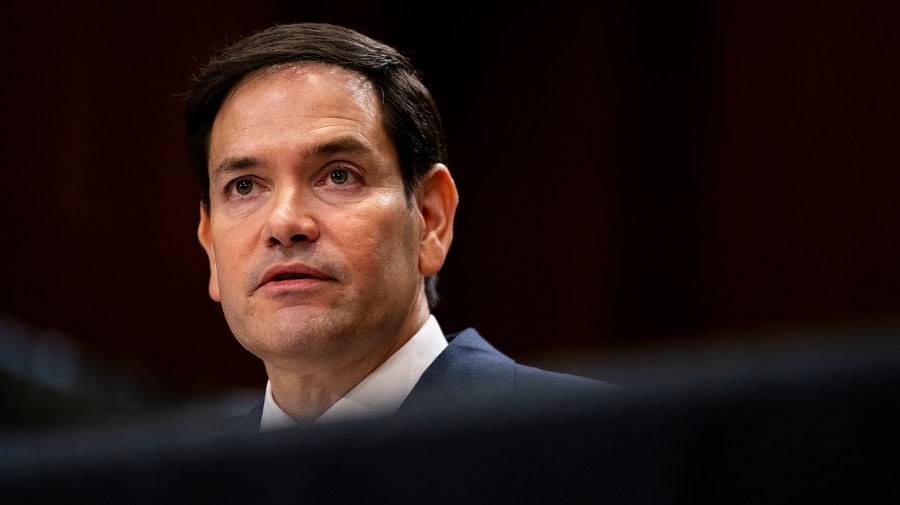
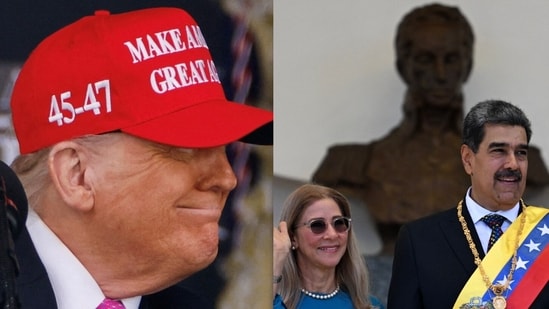

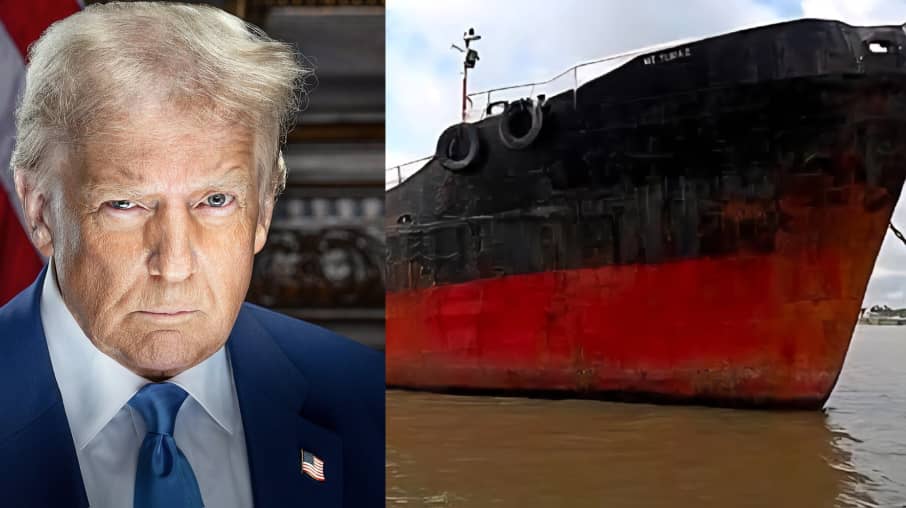
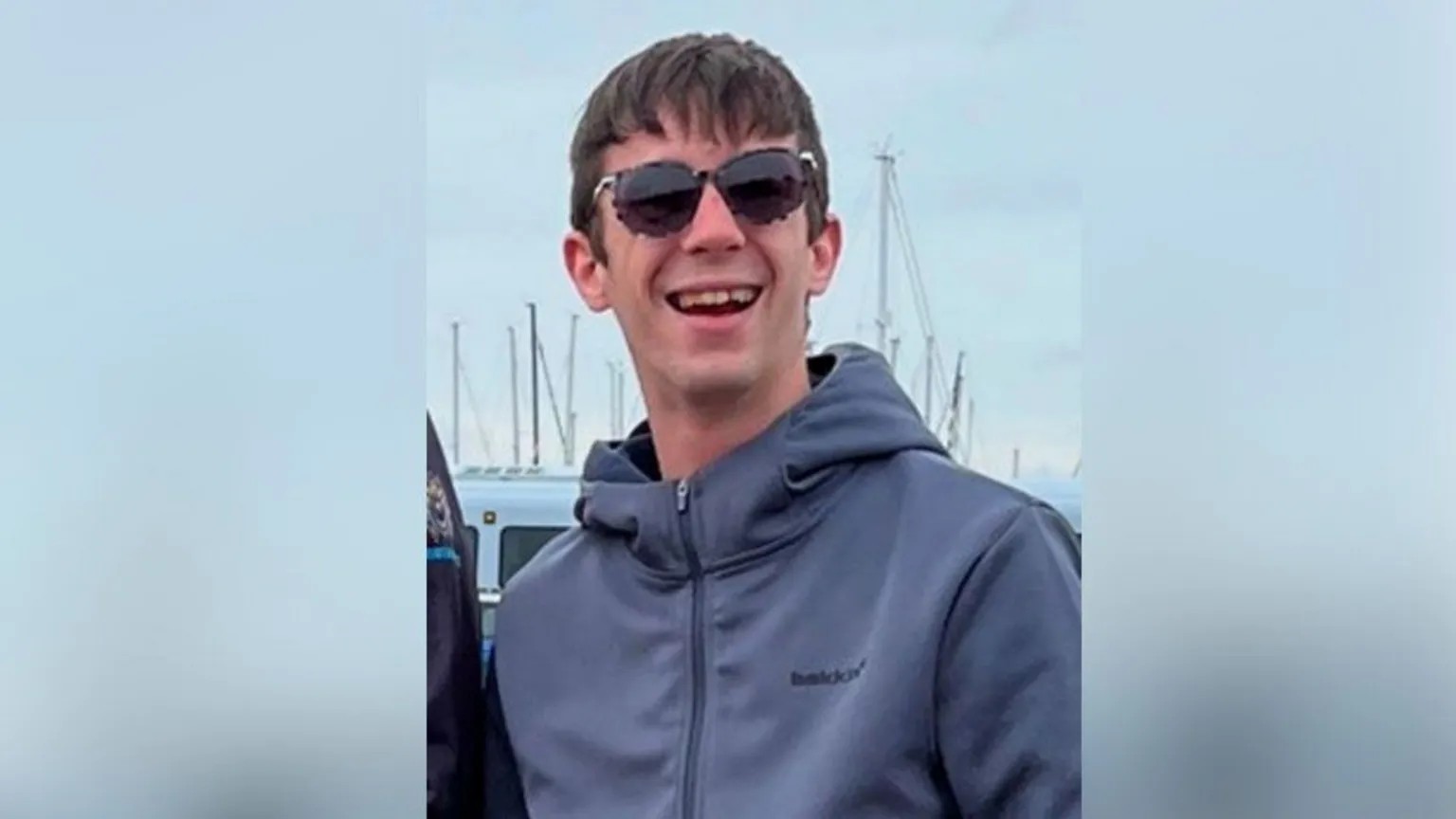

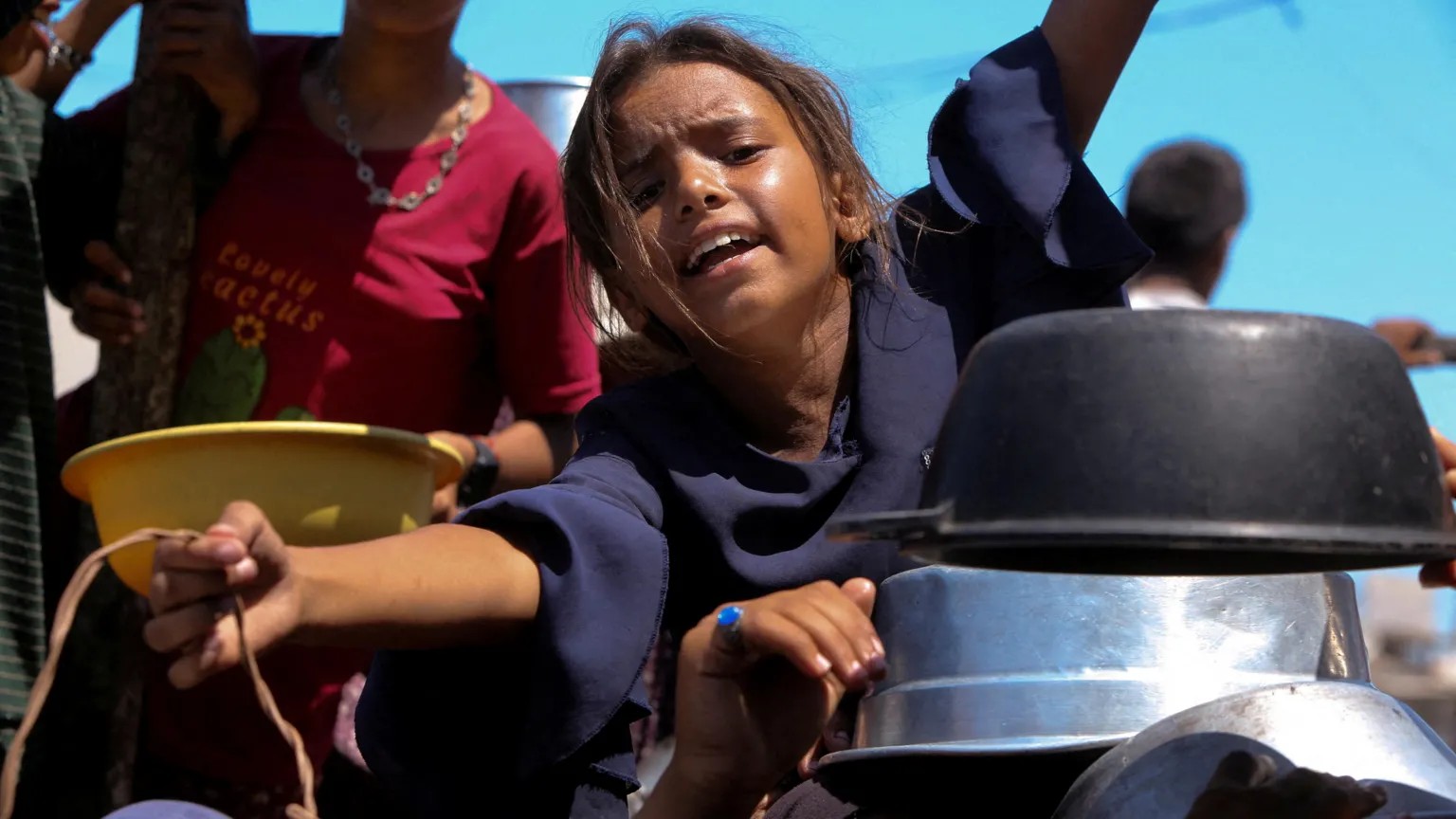
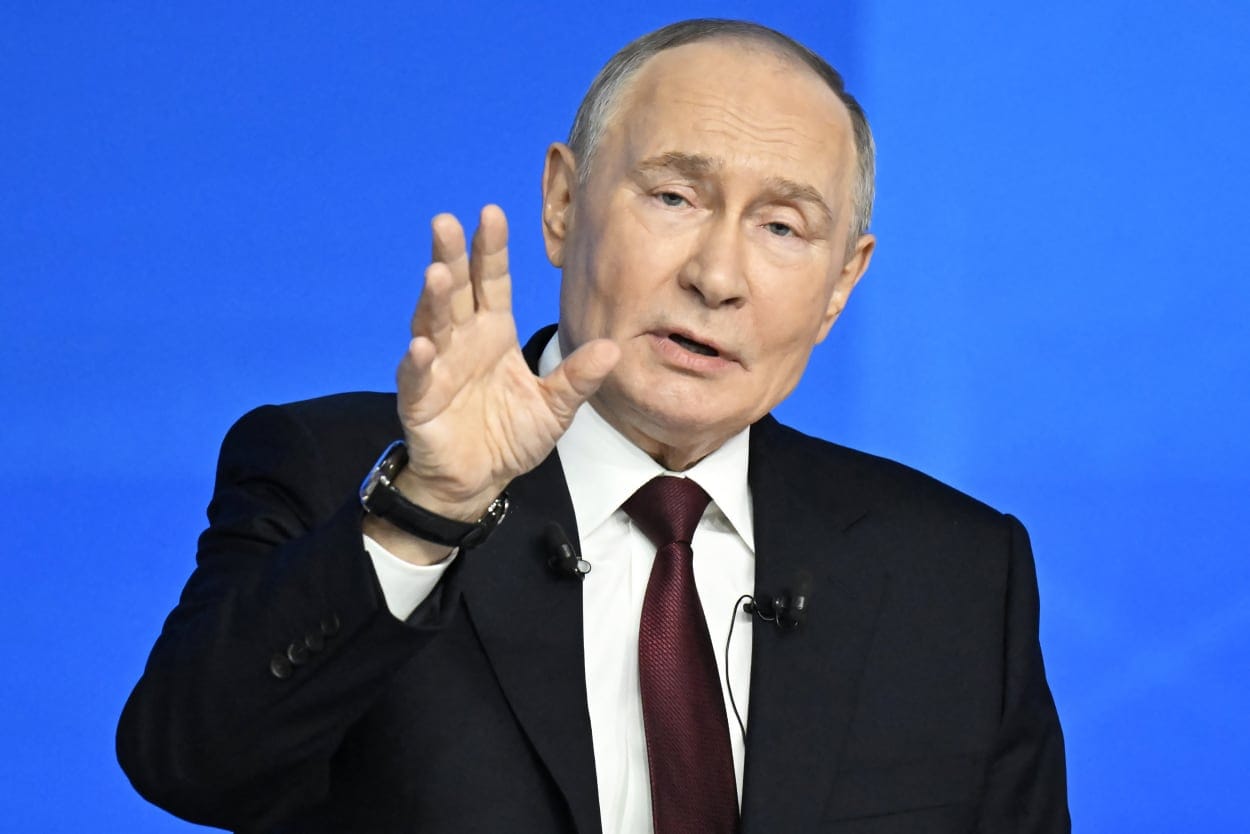

0 Comment(s)